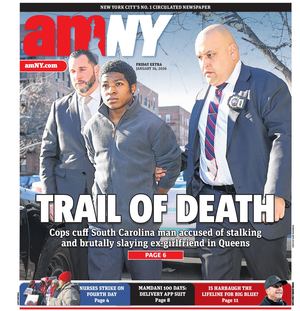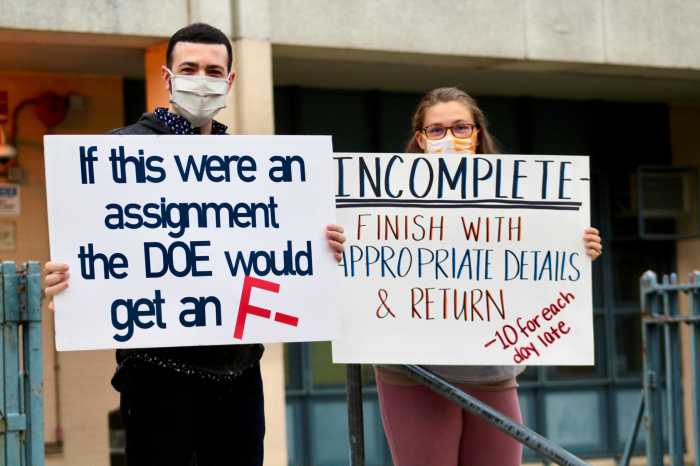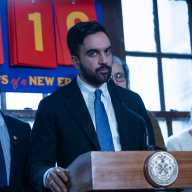A new report released by the Advocates for Children of New York (AFC) provides recommendations on how to boost literacy efforts throughout the city, and how AFC will work in partnership with the Department of Education (DOE) to improve reading.
The report, released May 2, further details the importance of encouraging literacy – especially in communities that aren’t receiving adequate attention.
Mayor Eric Adams and Schools Chancellor David C. Banks have both framed literacy as an integral part of education, yet fewer than half of all 3rd–8th graders, and only 36% of Black and Hispanic students, scored proficient on the 2019 New York State English Language Arts (ELA) exam and early national data show that not only are more children struggling with reading in the wake of the pandemic, but racial disparities have become even more extreme.
“Every parent sends their child to school assuming they will be taught to read. Yet when students struggle, parents often have to find help on their own,” said Kim Sweet, Executive Director of AFC. “As a city, we need to stop accepting that unacceptable outcome and provide the literacy instruction and support needed to make all children proficient readers.”
Literacy challenges are far from a new struggle within NYC, and the AFC believes that under the leadership of Mayor Adams – who has candidly spoken about his struggles with dyslexia – and Chancellor Banks who has pledged to revamp literacy instruction, with $250 million already designated for “academic recovery and student supports”, the struggle to improve literacy will be met with sincerity.
“We are excited to continue our partnership with Advocates for Children and promote a proven, culturally responsive approach to teaching children to read and supporting students at risk of dyslexia, and we look forward to sharing more news on this soon,” said Nicole Brownstein from the NYC DOE to amNew York on May 2.
Based on discussions held during the Literacy Summit in December, the AFC believes it is imperative that the Department of Education (DOE) and the Mayor’s office bring together stakeholders to move the work forward, coordinate efforts, and sustain support, require all schools to use evidence-based curricula that are culturally and linguistically responsive and aligned with the science of reading, continue and build upon the work of the Universal Literacy initiative to provide on-the-ground coaching and ongoing support to educators and build out the infrastructure for a cohesive literacy ‘safety net’ that identifies students who need extra help in reading and provides them with individualized, evidence-based intervention.
“Even after 19 years in DOE classrooms, I still struggled to teach many of my students how to read, because I had never received professional learning or resources on how to best meet their needs,” said Teresa Ranieri, a Universal Literacy Coach supporting kindergarten, first and second grade teachers. “I am very fortunate to have been able to learn what actually works in literacy instruction, and now, as a coach, I am able to share what research states is best practice with my colleagues so they don’t repeat my mistakes. I hope the DOE will build on our important work and make sure all schools are using effective reading curricula. Universal Literacy coaches like myself are ready to help schools implement new programs and make the biggest possible impact in raising early literacy rates.”







































